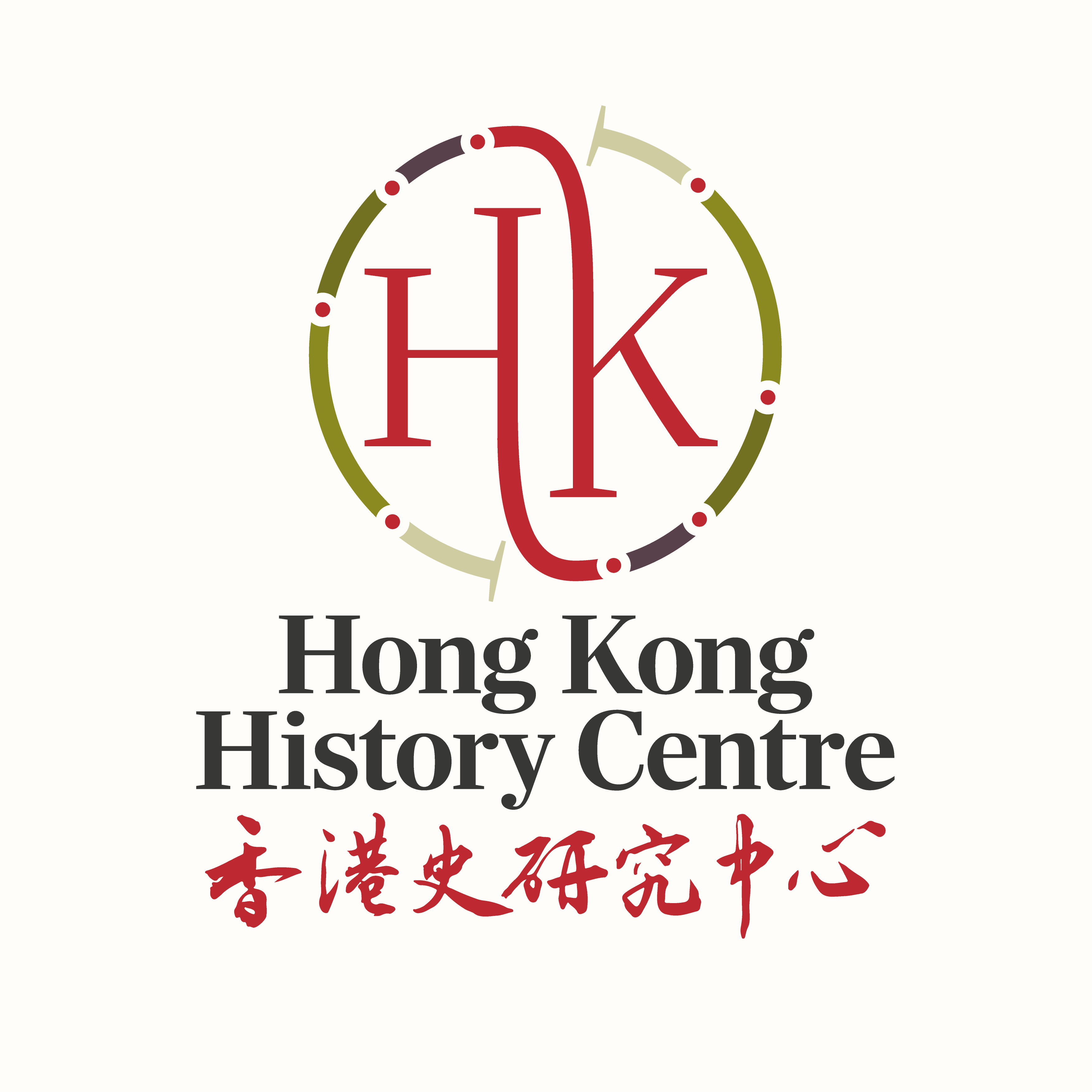Our guest writer this week is Shuang Wu, PhD student at the University of Hong Kong and King’s College, London. Shuang’s research explores lives of Chinese mothers in colonial Hong Kong and the United Kingdom after the Second World War. Here she shares with us how stories told by her grandmother, an illiterate woman born in Shanghai and moved to Hong Kong in the 1950s, inspired her to conduct a research that thinks about migrant mothers and the meaning of ‘motherhood’. She’s also looking for oral history interviewees for her research (details please see below), so do get in touch with her if you or anyone you know would be interested in participating in her fascinating research!
Growing up I never really understood history. History was just stories told to me by my maternal grandmother, Ah Bu. She was a matriarch. An illiterate dragon lady, born in Shanghai during the worst period of prewar political upheaval, and forced into a largely subterranean existence during the Japanese occupation.
Ah Bu traveled across the PRC-Hong Kong border at the age of 18 during the 1950s to marry my Ah Gong, her former next-door neighbour in Shanghai. He had migrated to Hong Kong four years previously and was now working as a mechanic. They were married while my Ah Bu was still referring to him as ‘the guy from next-door’. Even so, my Ah Gong was a romantic. He pawned their wedding bands, gifts from their parents, and bought tickets to the movies. One movie and a dinner later, they were in love. I am still trying to find out the title of that movie. It was a turning point in her life, starting her on a journey that would lead her to become a devoted wife, mother, grandmother, and great grandmother of 23 proud individuals.
Ah Bu and Ah Gong were not alone. As a result of the significant influx of Chinese migrants during the period, a pronounced demographic shift altered family and community dynamics in numerous ways, including the introduction and expansion of new languages, in addition to different provincial cultures, traditions and perspectives. Domestic overcrowding was particularly challenging for migrant mothers and ‘mothers-to-be’ when they first arrived in Hong Kong. During the 1940s and 1950s, wives and mothers continued to be perceived as the main housekeepers of families and primary carers. Consequentially, domestic space became an immediate concern for women, and many families were forced to live in poorly-built squatter settlements. Housing shortages and a lack of income meant that my grandparents survived a largely transient lifestyle on the outskirts of the colony. They lived in houses that were poorly built, with no bathrooms, and nothing but empty space as a sleeping area, as well as a wood stove for cooking. Since my Ah Gong was always busy at work, it became my Ah Bu’s duty to undertake all childcare and domestic responsibilities.
As there were no bathrooms, Ah Bu would be in charge of emptying the night soil. There were also no electricity or running water, so she would have to fetch water everyday, from a communal tap on the other side of the settlement, making at least ten trips a day to cater for the entire family. The rural setting of their new home meant there were always various insects and animals in close proximity. She fought off rats, red ants, and even deadly snakes in her own home. At one point, she defeated a five-inch centipede with only a pair of chopsticks! While women ruled the domestic space, the term ‘domestic’ is perhaps misleading as it was necessary for women to move outside of the home, to the market for food or other locations for household goods, in order to perform their duties as wives and mothers. Such activities portray the reality of a paradoxical domesticity, and a focus on mothers’ roles reveals the challenges and triumphs of everyday life.
Ah Bu did not find her daily activities easy. Born and raised as the closet daughter of an affluent Shanghai family, she spoke no Cantonese and found it extremely difficult to communicate with anyone who were not Shanghainese, causing her to be bullied by vendors at the market. As she was illiterate, she could not read any of the price tags or names of products at any of the stores. As she was uneducated, she had to learn from the very beginning on how to do mathematics so that she could help Ah Gong manage the books of the family finance. Ah Bu’s perseverance, in the face of this grueling start, led her and became the resilient old lady I know today.
Many female migrants shared similar recollections to those of my Ah Bu during the interviews I conducted as part of my initial PhD research. During the 1950s, many women, wives and mothers crossed the border from the Mainland to Hong Kong. It was also the first time that female migrants had the ability to move between the borders of the Mainland to Hong Kong as independents, unlike Chinese women in prewar Hong Kong, who were made of largely trafficked female labour, working as prostitutes or mui tsais. Consequently, the narratives of mothers are of particular significance as they allow a deeper understanding of what life was like for citizens in the colony. Migrant mothers provide the private side of a very public act, since mothers’ domestic activities took them beyond the boundaries of the inner quarters, revealing the challenges and triumphs of everyday life.
The use of oral testimony in exploring the meaning of ‘motherhood’ in my current work is essential, as women, especially mothers, are often neglected in official documentation due to prioritisation of men in history and society, as well as the fact that many women were illiterate. Chinese migration stories are also often focused on male ‘sojourner’ stories. In addition, the female presence in state-controlled press was very limited, and the personal lives of women only appeared in the press or official reports and documents when they touched on areas of concern to the government. Since my PhD examines the rights, health, legal position and daily lives of Chinese motherhood in colonial Hong Kong and the United Kingdom, many of whom were migrants from Mainland China in the postwar period. As such, oral testimonies are an important way to bridge the gap between state recognition of mothers’ lives, ideals and representations. Yet, at the same time, uncover the private lives and feelings of mothers.
The purpose of this study is to address the experiences of Chinese migrant mothers, as well as female historical experiences, during the 1940s to 1970s in colonial Hong Kong and the United Kingdom. I would love to hear from you if you, or your family and friends, know anything about migrant mothers in the two locations during the proposed time period. If you have any questions about my research project, please also feel free to contact me via shuang.1.wu@kcl.ac.uk. I sincerely look forward to hearing from you!









